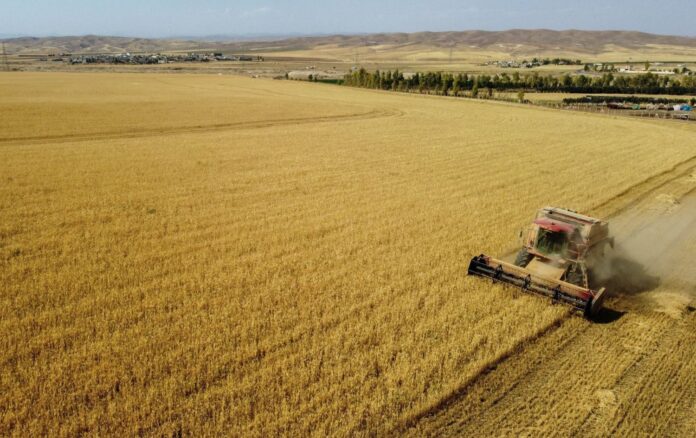Following the amendments made to the Iraqi budget in mid-February of this year, Erbil and Baghdad were expected to appoint a consulting firm within 60 days to conduct an audit of oil production and transportation in the Kurdistan Region. This move came after the Iraqi parliament approved the budget adjustments, which included the resumption of oil exports from the Kurdistan Region through SOMO. According to the amendments, an advance payment of $16 per barrel for extraction and transportation was agreed upon, alongside the appointment of a consultancy firm to assess the actual cost of oil production.
However, a source within the Kurdistan Oil Industry Association (Epicur) revealed that a joint agreement regarding the authority of the consulting firm has not yet been finalized. This has led to delays in reaching a consensus on which company should be appointed for the audit. Despite ongoing discussions about scheduling another meeting to finalize the decision, no date has been set.
Several prominent global consulting firms have been proposed to oversee the audit process, including KPMG, Ernst & Young, Deloitte, PricewaterhouseCoopers, Moore Global, and Day Jones, along with their partners.
The Kurdistan Regional Government (KRG) and the Kirkuk oil exports via Turkey have been halted since March 2023 following a ruling by an international arbitration court in Paris. The suspension of these oil exports has further complicated the resolution of these ongoing discussions.


